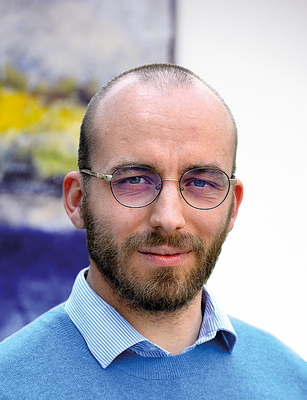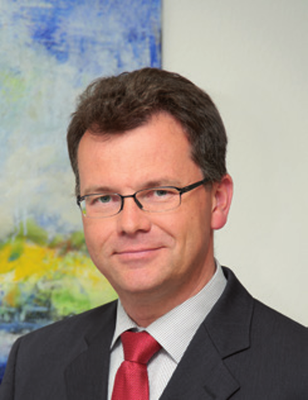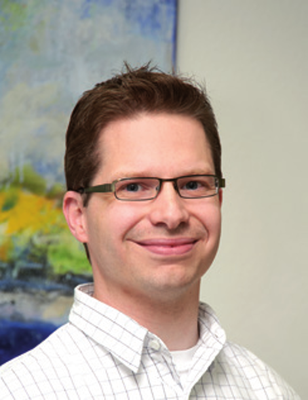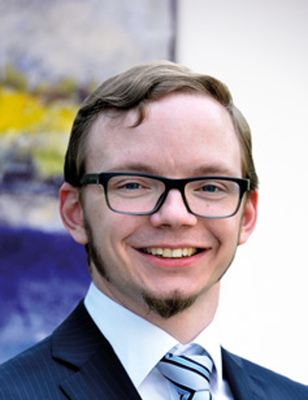Metal Forming with LS-DYNA
Basics (Days 1 and 2)
This seminar covers the basics for the simulation of sheet metal forming processes with LS-DYNA and provides tips for daily practical use. Herein, the forming-specific settings and features in LS-DYNA will be addressed.
The course begins with a brief introduction to LS-DYNA and a detailed description of the necessary keywords, respective settings and best practice for forming simulations. In particular, the typical forming process steps will be reviewed and the respective simulation setup will be presented in detail. Furthermore, an overview of commonly used material models for forming simulations will be given and the procedure for the creation of two material cards with anisotropic material behavior will be discussed for shell and solid elements. Another focus lies on the critical examination and verification of the simulation results as well as the available possibilities to overcome potential problems with alternative approaches and methods. Short workshop examples are repeatedly conducted during the seminar to consolidate the acquired knowledge through practical application directly at the computer. Herein, LS-PrePost will be used to setup the forming simulations.
The goal of the seminar is to enable the user to select the correct settings and parameters for successful simulations of sheet metal forming processes with LS-DYNA. The seminar aims at both beginners and experienced users in the field of metal forming, who want to learn how to use LS-DYNA in the context of sheet metal forming or who want to deepen their existing knowledge.
Content
- Introduction to LS-DYNA
- Forming-specific settings and features
- - Basic control cards
- Special control cards - Adaptive Mesh Refinement:
- Minimization of discretization errors
- Proper selection of the parameters - Contact definitions for forming simulation
- Element types and their properties
- Overview of frequently used material models for sheet metal forming
- Description of material models MAT_036 and MAT_103
- Output Control in LS-DYNA
- Procedure for the simulation of multi-stage forming processes
- Basic control cards for LS-DYNA/Implicit
- Gravity simulation (implicit static or dynamic)
- Forming simulation
- Trimming simulation
- Springback simulation (implicit static)
- Simulation of post forming operations
- Analytical drawbeads
Advanced Forming Simulation (Day 3)
On the third day, typical procedures for the setup of complex forming simulations are discussed and the creation of the respective input decks is shown with the functionality of LS-PrePost. Moreover, further contact settings are shown which enable the definition of a direction-dependent coefficient of friction as a function of contact pressure, relative velocity and temperature.
The training concludes with recommendations for the simulation setup of the individual process steps with a focus on common mistakes in creating the respective stages and the corresponding troubleshooting procedures.
Content
- Possible procedure for the simulation setup
- Parameterization of input decks and automatic positioning
- Advanced control card settings
- Advanced contact settings
- Recommendations for the individual process stages
- Advanced troubleshooting procedures
- Workshop to create parameterized input decks
| Dates | Duration/days | Calendar | Registration | Referee | Language | Location | Fee |
|---|---|---|---|---|---|---|---|
| 06.11.2024, 09:00 - 17:00 | 3 days (2+1) | Add to calendar | Bernd Hochholdinger | English | Stuttgart (GER) | 1575 € | |
| 17.03.2025, 09:00 - 17:00 | 3 days (2+1) | Add to calendar | André Haufe | English | Stuttgart (GER) | 1575 € | |
| 19.05.2025, 09:00 - 17:00 | 3 days (2+1) | Add to calendar | Registration | Pierre Glay | French | Montigny-le-Bretonneux (FRA) | 1575 € |
| 05.11.2025, 09:00 - 17:00 | 3 days (2+1) | Add to calendar | Registration | André Haufe | English | Stuttgart (GER) | 1575 € |
Lecturers
Pierre Glay

Diplôme d’Ingénieur
Areas of expertise:
Forming and process simulations
Academic studies:
Mechanical engineering>
André Haufe

Prof. Dr.-Ing.
Manager process simulation
Areas of expertise:
Material modeling, forming simulations, joining techniques
Academic studies:
Civil engineering
Bernd Hochholdinger

Dr.
Managing Director DYNAmore Swiss GmbH
Area of expertise:
Thermal forming processes
Academic studies:
Civil engineering
Mathias Merten

Dipl.-Ing.
Area of expertise:
Forming and process simulations
Academic studies:
Mechanical engineering